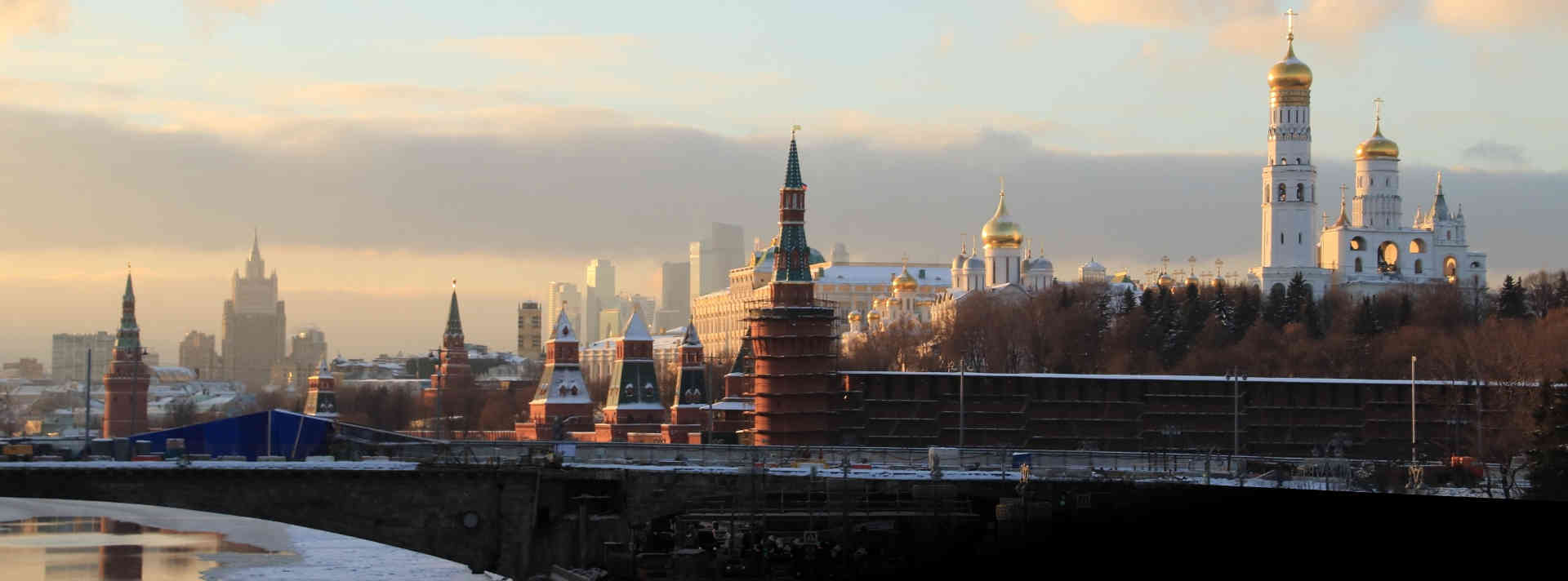Professional Russian Translation Services
Halifax provides professional Russian translation services. Russian documents, certified Russian translation, Russian interpreter, simultaneous or consecutive, audio and video transcriptions – we provide all language services.
Russian translation and other language services
We offer comprehensive professional Russian translation services:
- Russian document translation
- Certified documents by a sworn Russian translator
- Revision, editing or proofreading of Russian documents
- Conversion of Russian documents
- Russian interpreter online or live
- Video translation & transcription to and from Russian
- Desktop publishing for Russian
Our prices are among the lowest you will find for professional Russian translation services. See our prices page for details.
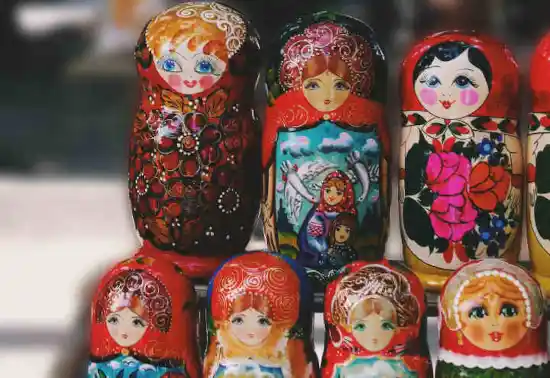
Russian translation – a translator’s view
We asked one of our Russian translators to tell us something about his language. He has a diploma in Russian philology and has worked in professional Russian translation for 32 years. Here is what he told us.
What special challenges do you face when you translate or interpret Russian?
A Russian translator usually has a fairly predictable set of problems. One of these is that Russian loves to use the passive voice, which sounds completely natural. A sentence in translation often has to be turned around and made active, since in other languages the passive is often too vague, too indirect. This trick is especially difficult to pull off in simultaneous interpreting. You also find long sentences with an abundance of participles, mostly in written Russian but sometimes in speech. In translating you have to completely re-order parts of the sentence, making sure not to lose things, even though it may take up half a page of text. You can see the problem for an interpreter.
As an interpreter, I have often been able to translate at international conferences attended by people from the former Soviet republics. Preparing for such a translation always involves learning about the names and functions of the participants. But when it happens that the participants are not known until the last moment, all my strengths are tested: the name and function must be heard exactly, and all of this is repeated several times. Paper and pencil are my best friends!
Then there are many similarities between Russian and other Slavic languages. Some words are spoken or written almost exactly the same, but have different, sometimes dramatically different meanings. A real challenge for an interpreter arises when a speaker, wanting to help an interpreter or show a ‘knowledge’ of a language, inserts a few Russian words here and there (“I learned Russian”, they boast later). The real art is then to discover what the initial idea was, what the speaker actually wanted to say.
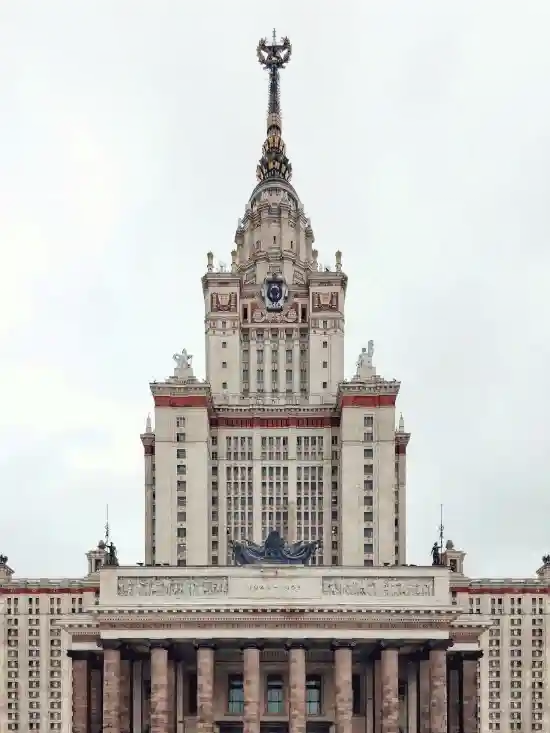
Fortunately for the Russian translator you don’t find this kind of thing in meetings of officials, state delegations or forums where you have to translate simultaneously. They are limited to meetings of close business partners where people already know each other quite well, so the similarities don’t often cause misunderstandings.
Can you tell us about the history of Russian?
Russian belongs to the Slavic language group, which is a subset of Indo-European languages. Slavic languages are spoken in Eastern Europe, part of Central Europe, most of the Balkan Peninsula and northern Asia.
The separation of Slavic from original Indo-European dates back 4,000 years. Later stratification continued, so today we have three groups of Slavic languages: an Eastern European group (Russian, Ukrainian and Belarussian), a West European group (Polish, Czech, Slovak and Lusatian) and a South Slavic group (Bulgarian, Macedonian, Slovenian and several variants of Serbo-Croatian).
The language spoken in the Middle Ages is now called Old Russian. This was similar to the Old-Slavic language found in church scriptures all over the Slavic world. From the time when Eastern Slavs converted to Christianity (988), the development of literacy and then of literature began. Examples are Nestor’s Chronicle, created around 1113, and A Letter on Igor’s Visit (1185–1187).
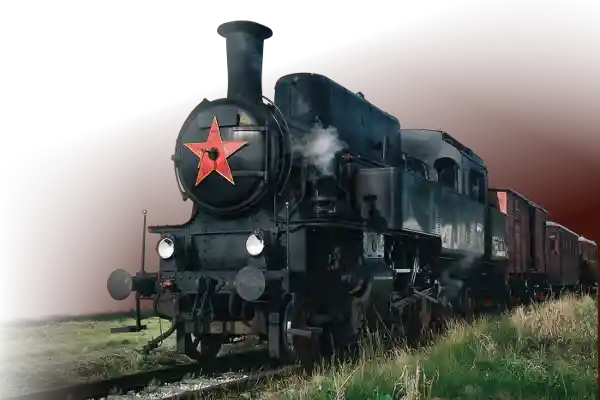
Modern Russian developed during the sixteenth and seventeenth centuries, culminating at the beginning of the nineteenth century. A seminal work was the grammar published in 1755 by Mikhail V. Lomonosov, and especially his theory of three styles in Russian literary language: high, medium and low.
The standards set by Lomonosov and his increasingly rich vocabulary can be followed in the works of writers in the late eighteenth and early nineteenth centuries. Russian literature became world famous through the works of Alexander S. Pushkin. He was followed by the writers of the 19th and early 20th centuries – Lermontov, Gogol, Turgenev, Tyutchev, Goncharov, Dostoyevsky, Tolstoy, and others. The poetry of Fet and the prose of Chekhov hinted at modernity, while Blok, Beli, Bryusov and Sologub appeared as representatives of symbolism. This was followed by the Futurist period with Gumiljov, Mayakovsky and Khlebnikov, fully developed after the October Revolution. At the same time, many important writers found themselves in exile or worse.
The political situation in the former USSR also greatly influenced the language. The era of Stalin and its repression halted the development of language and literature, with only a few works deviating from the direction of socialist realism. It was only with the political thaw that it could move on. Then come Solzhenitsyn, Platonov, and then Voznesensky, Kataev, Yevtushenko, and Okudzhava, with whom new expressive possibilities emerge. Today, most of the former USSR republics implement a policy of so-called derusification, although many members of the Russian minority still live in these countries.
Who speaks Russian today?
Today, Russian is the official language of Russia, Belarus, Kazakhstan and Kyrgyzstan. It is also used in areas that are compactly populated by immigrants from the former USSR, such as Israel, Canada and the United States, where you can find Russian-language newspapers and radio and television stations. Some 137 million people speak Russian in the Russian Federation, with around 260 million speakers worldwide.
Some interesting facts about Russian
Russian is written in the Cyrillic alphabet, named after St Cyril who invented its forerunner, the Glagolitic alphabet, in his endeavor to create a Slavic version of the bible. The Russian version was standardized in 1918 with 33 letters.
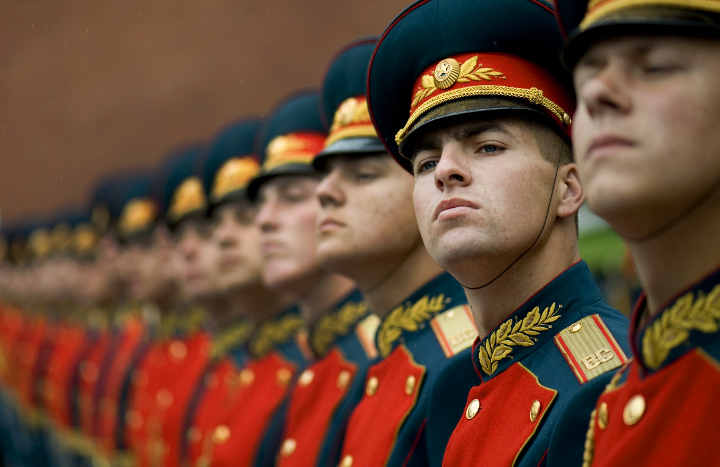
In the Russian alphabet, there are two characters that do not have their own sounds, that is, they cannot be pronounced, that is „Ъ“ (the hard sign) and “ь” (the soft sign), which serve to indicate the hardness or softness of the consonant that precedes them.
There are very few Russian words that begin with the letter “A”, mostly borrowed, like азбука (alphabet) or аз. Most words that begin with the letter “F” are also borrowings. In Pushkin’s Fairy Tale of Emperor Saltan, for example, only one word begins with that letter, the word флот (navy). There is one word in the Russian language in which the letter “O” is repeated seven times, that is, the word “обороноспособность“ (defense capability). There are two words in the Russian language where three letters “E” can be found in a row: длинношеее (long), змееед (one who eats snakes).
Until the nineteenth century, rude words in Russia were called ‘unbeautiful words.’ ‘Beauty’ denoted beauty and virtue, and the adjective ‘unbeautiful’ was the opposite.
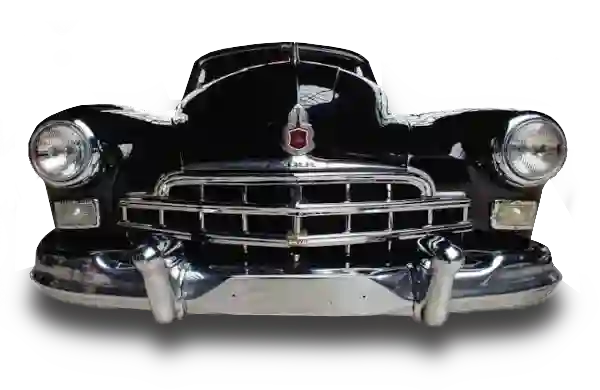
The Russian word “grandmother” does not have the same meaning as in our country, today it is almost a jargon word that denotes a woman. It was once used to mean a woman who gave birth to a son (precisely a son, not a daughter).
The Russian language takes second place in popularity on the Internet , immediately after English, and the first words in space were spoken in Russian, by Yuri Gagarin.
Russia
Russia is a vast country that stretches from Europe all the way to Alaska. Its time zones stretch from UTC+2 to +12. National Geographic has some terrific pictures.
